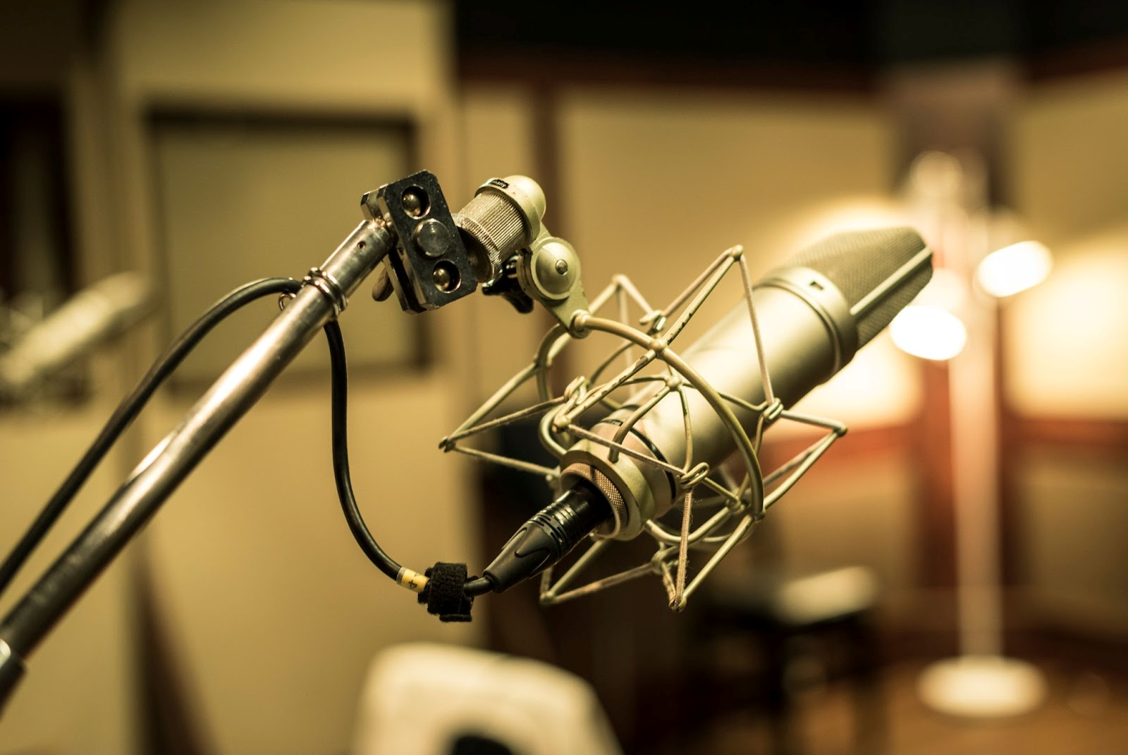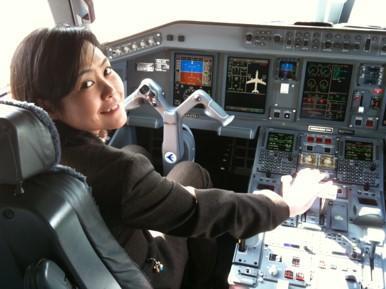
July 28, 2025
Why I Can't Quit Creating Things: The Power of "Wai-gaya"
I've written before about playing musical instruments as a hobby, but alongside my work as a writer, I also play the saxophone.
Recently, a professional musician asked me to help out with a recording session--they needed a sax solo for one of their songs. Usually, recording just the vocals or main melody for a single song can take around three hours. If you're recording the full band, it becomes a full-day job. But since I was only playing a brief interlude, I could've finished quickly and gone home. And yet... I ended up staying until the last train watching DVDs and chatting during the downtime. Why? Because that space itself was the reason why I couldn't stop creating.

This is how recording is done
This may not be widely known, but unless it's a live one-take recording, sessions usually follow this flow:
1.Record the drums or percussion first
2.Next, the bass
3.Then the guitars and keyboards
4.Finally, vocals or main melody
That day, we gathered in the early afternoon. The drums were already done, so we began with the bass. The bassist--an experienced pro--finished relatively quickly. Next came the guitar.
The location was the member's home studio. It's common for pro musicians to have a soundproof room at home for recording. This is because renting a professional studio every time would be too expensive. So, they soundproof their rooms and try to record as much as possible at home.
Even professionals rarely get it right on the first take. This is because, no matter how experienced they are, everyone makes mistakes, and often, when you try to sync the sound with other instruments, it doesn't turn out as imagined. The work progresses by making adjustments on the spot.
In sweaty sauna-like conditions
My part in the entire song was small. But I was thrilled to be invited-- It was such a valuable opportunity to me to get to make music with professional musicians.
The waiting time was long. While others recorded, I watched DVDs in the next room or chatted with people who had finished their recording. It was fun just being there. It was a small space, so we couldn't all be in the studio at once. Every time someone came out for a break, we'd talk. All the other participants were men, and one of them joked: "It's like a sauna in there with all us guys sweating it out!"
Even those offhand moments felt fresh and exciting to me. People came and went, chatted, shared drinks and snacks. Someone would say, "Let's ventilate the sauna--it's getting stuffy," and open a window. To me, that space was amazing.
Finally, someone said, "Alright, let's record the sax next." Honestly, I was a little disappointed. I had wanted to hear the vocals first before recording the interlude. The saxophone is a fascinating instrument--depending on your breath, you can produce soft or sharp tones. Most instruments can express nuance, but I find wind instruments especially sensitive.
I asked the songwriter what kind of feel they were looking for. Based on the snatches of music I'd overheard, I shaped my sound to match. In fact, everyone agreed the sax should ideally be recorded after the vocals--but since saxophones are so loud, we wanted to get it done while it was still light out to avoid disturbing neighbors. I could faintly hear the vocalist warming up in the other room. I played while imagining how my part would fit into the full picture.
The reason I didn't want to go home even though I could
Once I finished recording, I was free to go. The studio wasn't close to my home, and the few days leading up to the recording had been tough. Logically, I should've left. But I didn't want to.
I wanted to hear how the final version with vocals would sound. I wanted to witness how the piece I played would become part of something bigger. And even though I hadn't been playing sax for very long, my experience or age didn't matter in that room. It was simply a space where people were serious about creating something better through lively discussion, and I wanted to stay there as long as possible.
In the next room, I listened to the vocalist sing again and again. Someone murmured, "Wow, it's getting better." Another said, "The coach looks so excited to be guiding the singer." Even that casual back-and-forth felt deeply fulfilling.
"Wai-gaya" is an abbreviation of 'wai-wai-gaya-gaya,' a term used even by major automobile manufacturers in Japan. It refers to the process of creating something together by discussing various ideas and possibilities. United by the sole desire to create something as good as possible, people from all ages and backgrounds engage in endless conversations focused solely on improving the work.
After finishing my own recording and having a drink, I was filled with admiration for these people who had continued their recording work in this way, and felt I'd love to join them again anytime.
Gripping a can of beer, I ran to the station!
The vocal recording took longer than expected. But just before the last train, we finally managed to hear a rough mix with everyone's parts. The joy of hearing my own sound come alive in this song is immense. It was my first experience of knowing the joy of having my own sound exist within a single piece, regardless of how much or how little I contributed.
The composer, multiple performers, everyone has their strengths and weaknesses, but we all were excited to see what kind of "chemical reaction" would happen when we came together as a team.
And before I knew it, it was almost the last train. We rushed toward the station, and in front of the convenience store, a senior member of the group said, "We need a drink for the ride!"
No time to choose, I just grabbed what was in the fridge. Holding it tightly, we managed to catch the last train, panting for breath, and that's another good memory.
I basically love alcohol, but I used to think people who drank on trains were a bit impatient. But the taste of that beer on the train that day was extraordinary. And then, the "wai-gaya" began again on the train. Again, realizing that age and career don't matter in this place, I spoke honestly about what I thought and wanted to do, even to the senior musician.
On this day, I also had a deep conversation with a member who was helping me arrange a song I had been working on. We talked about those "untranslatable nuances" that are hard to convey over the phone. That was a big takeaway.
"So here, it's more of a 'zuzu-ta-zu-zu-zu' rhythm."
"And then the piano should go 'jan-ja-jan'--like that."
"Bongos? Maybe 'poko-poko' or a stretchy 'byooong'?"
To outsiders, it probably sounded like nonsense. But to us, it was crystal clear. And that night, I realized something: It's not about how long you've played or how skilled you are. It's about being part of a team that's creating something special together. That's the feeling I can't quit. That's why I'll never stop making things.
By the way, the beer I chose and held tightly that night was "Yokohama Ale." I realized it after finishing it. Thus, another beer with special meaning has been added to my collection. I look forward to seeing what beer I'll hold tightly next.

Sayaka Shimizu
After graduating from the Faculty of Science at Kyoto University in 2002, She worked mainly as a news reporter at TBS. She covered a wide range of topics including incidents, accidents, and technology as a reporter in the Social Affairs Department, and various markets and industries as a reporter in the Economics Department before going freelance. She has contributed to many media outlets based on his reporting experience and analysis of various statistics.




